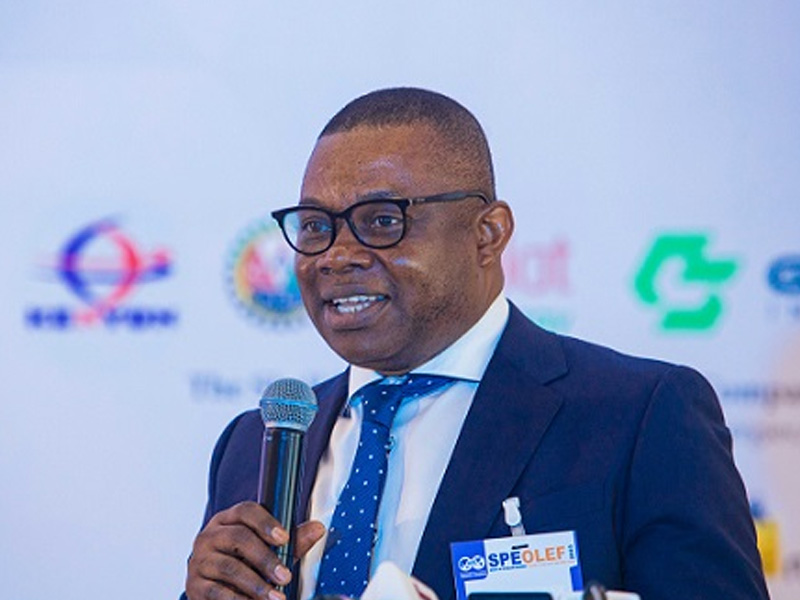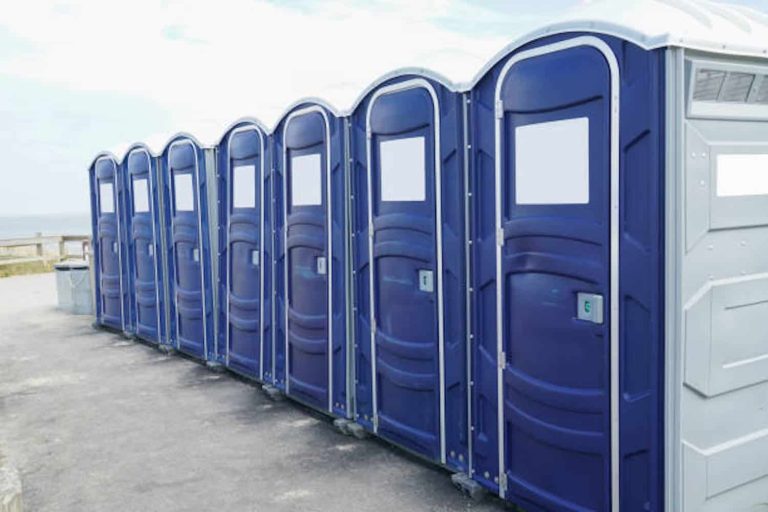
Seplat Energy Plc, a leading Nigerian independent energy company, has stated that it has rehabilitated 33 oil wells, out of which 26 were successful, raising the company’s crude production by 33,000 barrels per day (bpd) in recent times.
The Chief Operating Officer, Seplat Energy, Samson Ezugworie, said this while giving a keynote at the opening ceremony of the 43rd Nigerian Association of Petroleum Explorationists (NAPE) Annual International Conference & Exhibition in Lagos, a statement signed by the company’s Manager, Corporate Communications, Stanley Opara, said.
The Seplat Energy COO, who spoke on the conference theme: ‘Revitalising the Nigerian Petroleum Exploration and Production: Strategies for Energy Security and Sustainable Development’, stated that in the quest to build a prosperous Nigeria, the country must target an affordable, reliable and accessible energy regime for all.
“We’ve worked on rehabilitating 33 wells and had success with 26, which are now producing about 33,000 barrels between them. That’s a step in the right direction to closing the current gap in production that could leave Nigeria with a shortfall in its revenues. We will continue to rehabilitate wells, which isn’t costing us much, and we’re optimistic that we can get more production to help our industry reach the production targets the government has set,” the Seplat COO stated.
Speaking on energy poverty in the country, Ezugworie stated that today, more than 70 million Nigerians still lack access to electricity, while more than 170 million rely on biomass for cooking, which he said is terrible for the environment and for households.
“And with Nigeria’s population projected to reach 237 million by 2025 and 400 million by 2050, the urgency to act is undeniable, because today’s problems will become far worse if we don’t take actions now to solve them. We will have 160 million more people to feed and house, and we need to create 100 million new jobs. But imagine what Nigeria can achieve if we do?
“The imperative before us is clear. We must build a prosperous Nigeria, and we can only do that with affordable and reliable energy that is accessible to all,” he argued.
According to Ezugworie, to meet these challenges, Nigeria must increase oil production, not just to boost national revenues and reduce current shortfall so our government can meet its budgetary needs, but also to drive its Gross Domestic Product (GDP) growth that reinforces the country’s position as the economic powerhouse of the African continent.
He said: “We must also harness our huge reserves of gas and scale up gas and NGL production to expand domestic energy access, displace polluting imported generators, provide clean cooking for our people, and power our basic industries to support our national growth.
“The global energy landscape is shifting, and so too is our own. We are witnessing a transition in the ownership and operation of Nigeria’s vast natural resources as assets pass from well-funded, well-resourced international giants to local Nigerian operators, blessed with enthusiasm and expertise but less global in their outlook.
“It’s a shift that creates new capital dynamics in our need to raise international finance, while at the same time increasing our focus on managing risks and looking after our natural environment.
“But with these challenges come opportunities: opportunities to harness and enhance local knowledge, build resilient partnerships with our industry partners, and with our host communities, and most of all, build an industry that is owned and managed by Nigerians, for Nigerians.”
At Seplat Energy, he stated that the belief is that the future of Nigerian production lies in three core principles which the industry must adopt: Leadership, Partnership, and Stewardship.
Ezugworie stressed that the principles had played out since Seplat Energy took control of its offshore assets, following its recent acquisition.
On the company’s gas business, he said Seplat Energy was close to delivering first gas from its joint venture ANOH Gas Processing Plant.
“We’ve also recently delivered our first cargoes of LPG from the newly upgraded Sapele Gas Plant, and I’m pleased to report that we’re well on track to ending routine flaring in our onshore operations, enabling us to reduce emissions, capture gas and monetise it, which is a win-win for Seplat, for the environment and for our communities.
“Our progress on gas initiatives like ANOH, Sapele, and LPG shipments is a testament to our commitment to Nigeria’s prosperity. These projects are not just about energy; they are about transforming lives and powering Nigeria’s development,” he added.
Meanwhile, Ethiopia said on Tuesday it would host the United Nations’ COP32 climate summit in 2027, fending off a rival bid from Nigeria to land an influential role that will allow it to shape the agenda and outcomes of the event.
The more immediate choice of host for next year’s COP31 remains unresolved, however, with both Australia and Turkey vying for it, a Reuters report said.
COP host countries adopt a presidency role which allows them to set goals for the summit and showcase their own climate issues, as well as an important position in resolving any conflicts that arise during negotiations.
At a plenary session of this year’s event in Brazil, Ethiopia confirmed it had been endorsed by fellow African nations to hold the 2027 conference in its capital Addis Ababa, as first reported by Reuters on Monday.
“We are deeply grateful for the trust and confidence bestowed on the Ethiopian people and government,” Ethiopia’s ambassador to Brazil, Leulseged Tadese Abebe, told a plenary session of the COP30 summit. COP summits rotate around the world’s regions and the decision must be unanimous among all countries in the region.
The decision still needs to be officially adopted, but this is now considered a formality. This year’s conference is being held in the Amazonian city of Belem. Next year’s hosting choice within the “Western Europe and Others” group has been hung up for months, with neither Turkey nor Australia backing down.
Australia made its COP31 bid in partnership with the Pacific Islands, which are among the world’s most vulnerable places to climate change. Correa do Lago urged countries in the Western European group on Monday to resolve their impasse as soon as possible. If it cannot be resolved, the conference would be held in Bonn, Germany, where the UN climate agency is based.
“We would have to, but we do not want to,” German State Secretary in the Environment Ministry Jochen Flasbarth told reporters.
Emmanuel Addeh



